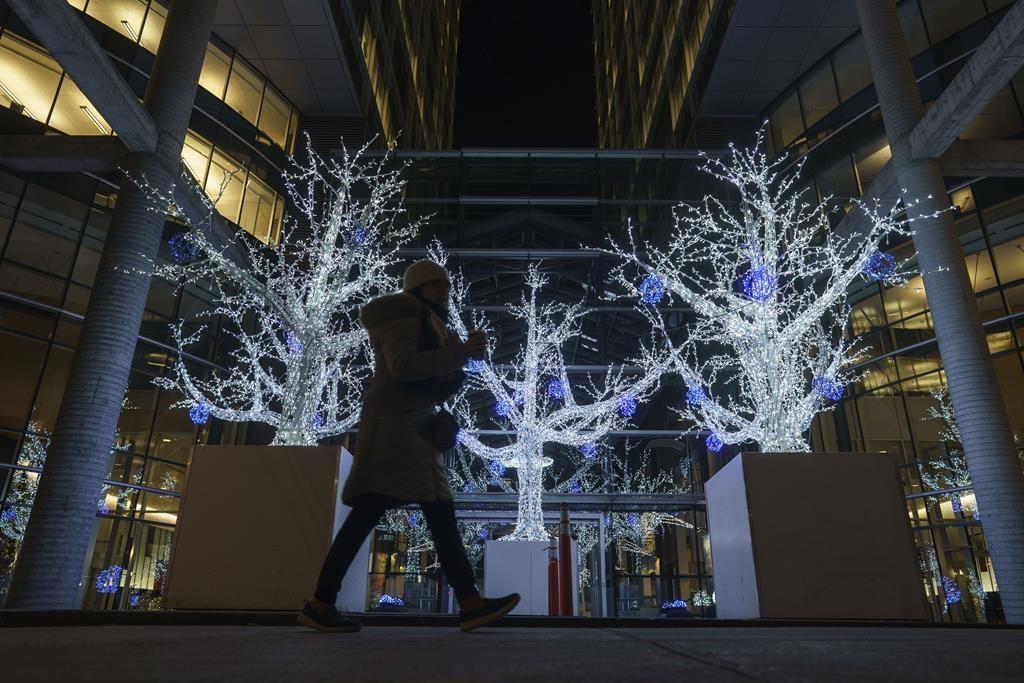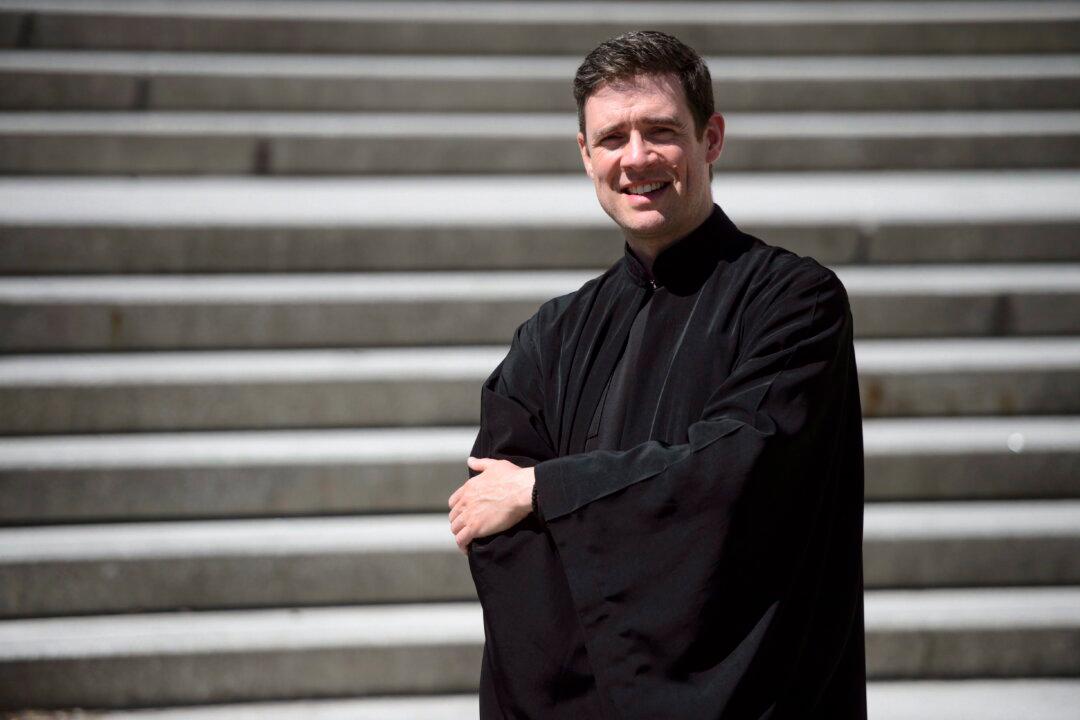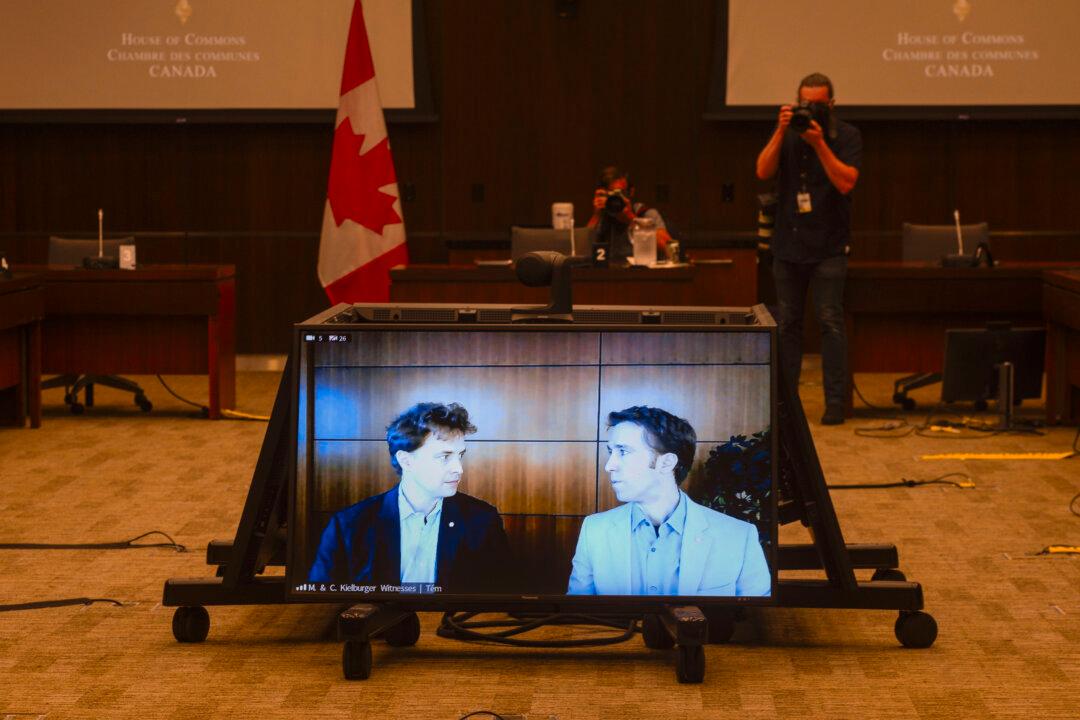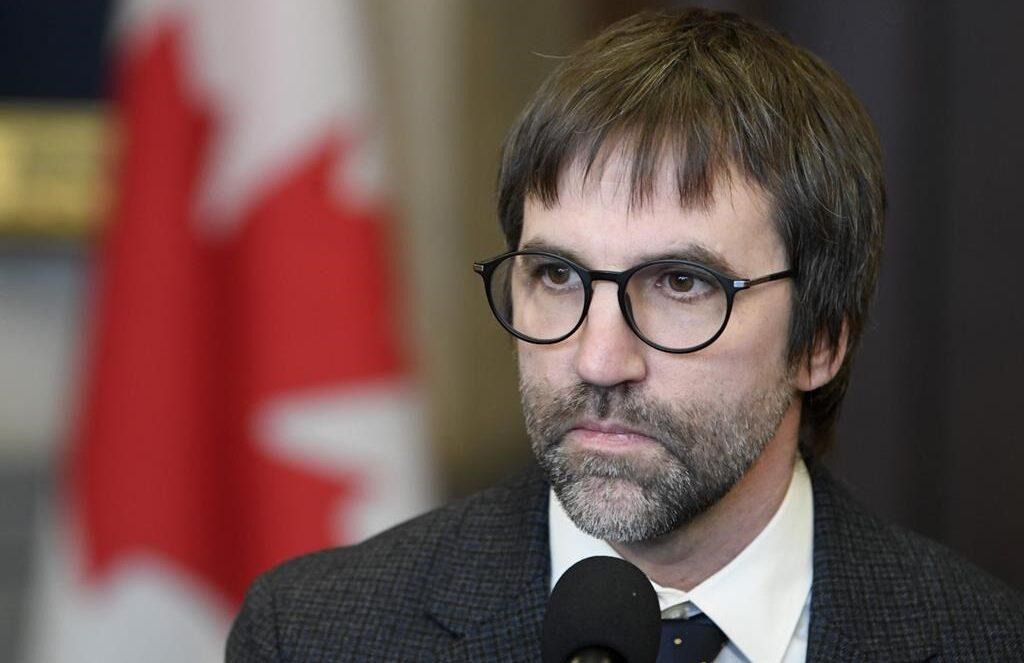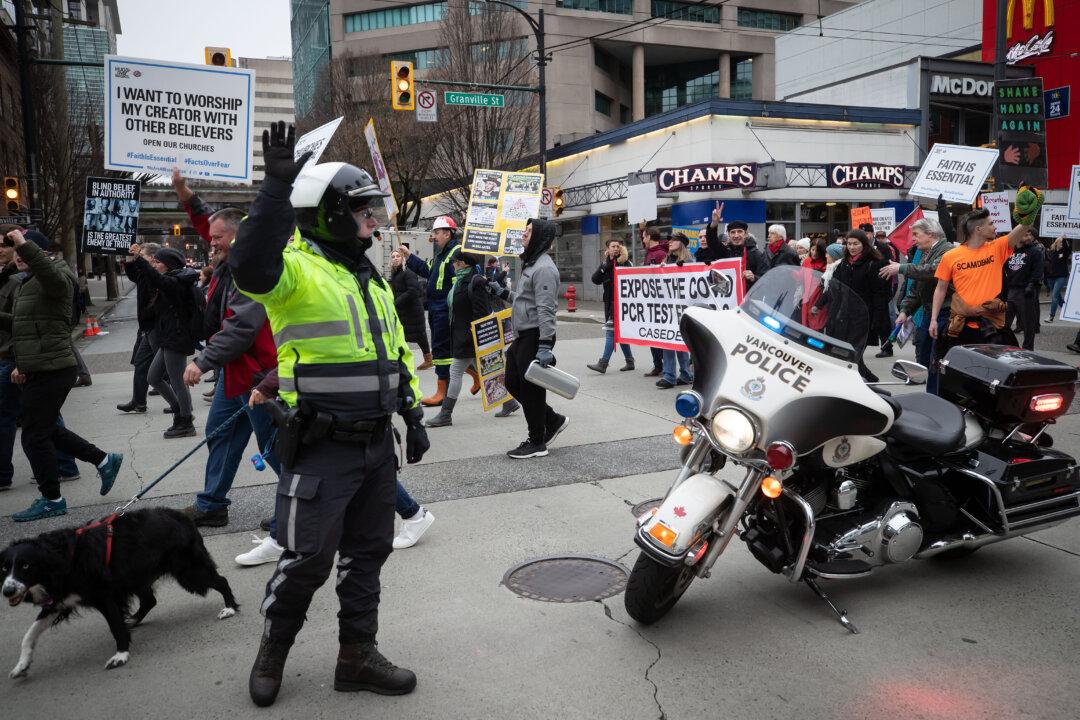Nearly half of Canadians visited with family or friends over the winter holiday period despite public health guidelines to limit contact amid rising COVID-19 cases, a new poll suggests.
The Léger/Association for Canadian Studies poll found 48 percent of those surveyed visited with people outside their households, compared to 52 percent who said they did not.
